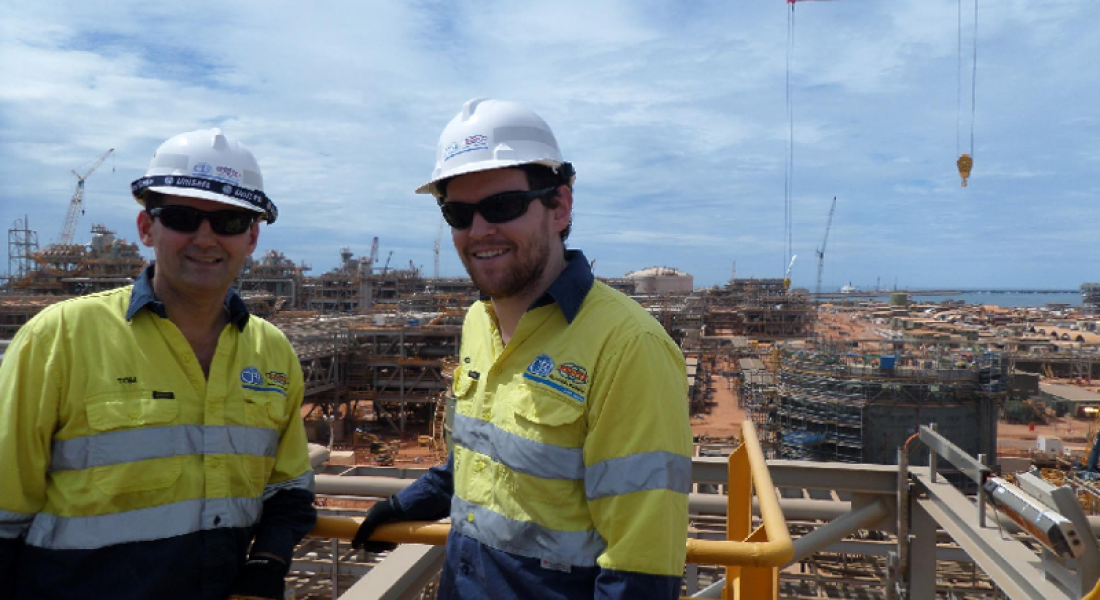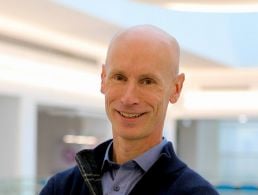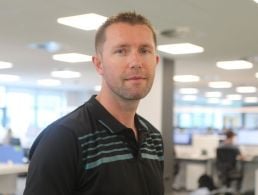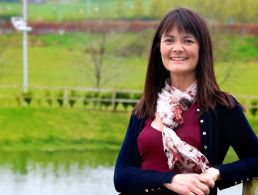Many people – at one point or another in their life – get a yen for adventure. A desire to push at the boundaries of their life and try something radically different. For Bristol-Myers Squibb (BMS) instrument and calibration lead Derek Murtagh, that desire took him to Australia. BMS and his girlfriend brought him back.
Where are you from?
I am originally from Clondalkin, and now live in Harold’s Cross.
Tell us about your background.
I graduated from Galway-Mayo Institute of Technology (GMIT) with a BSc in Applied Physics and Instrumentation in 2006. After that, I worked in Pfizer Grange Castle as a calibration technician before moving to Pfizer Newbridge as an instrument engineer.
I moved to Australia in September 2010 and worked as a commissioning technician, and then instrument engineer, on the Pluto LNG (liquefied natural gas) and Gorgon LNG projects.
Why did you decide to emigrate?
It was simply a case of looking for an adventure while I was in my mid 20s.
A friend of mine told me about a large project looking for instrument guys in Western Australia, so I said, ‘No harm in applying’. I always wanted to work on a really large-scale project, and Pluto was costing $150bn, so it ticked that box. It got even bigger when I moved on to Gorgon, as that was a $54bn project, and will cost even more by the time it’s finished.
What was it like working over there?
I initially moved to a large mining town called Karratha, in the north-west of Australia. Karratha didn’t have as many distractions as Dublin, so it allowed me to get back into my childhood sport of boxing and start competing again, which I did close to 30 times over there.
Pluto ended in June 2012 and, after that, I moved to Perth to start work on the Gorgon Project. I spent two years in our project office before moving to a site on an island off the west coast of Australia. This was a fly-in, fly-out (FIFO) job, where you lived on camp while you worked for weeks at a time.
Working in a remote location like Barrow Island was tough, but one bonus was that my brother was also working there with me.
What made you want to come back?
My girlfriend had moved home when I moved to Barrow Island, so I was travelling over and back to Ireland every four weeks, which was getting tiring.
When the job at BMS Biologics Cruiserath came up, I was delighted, because I wouldn’t have been able to write a job description that suited me better, and it felt like the right time to come home.
What work do you do?
I am the instrument and calibration lead here at BMS Biologics Cruiserath.
What do you like most about your job?
I like the varied nature of my work, along with the fact we are very much in a project mindset at the moment. It’s great being on board so early, and being able to use my past experience to set up a functioning calibration programme.
How did BMS make it easier for you to move back?
BMS made moving home very easy.
I left Australia on a Friday and I expected to start work the next Monday. My manager in BMS insisted I take a few weeks off and unwind before coming on board. This allowed me to get settled with a new place to live and get used to the idea of being home for good.
Small things like having medical and life cover also helped the move. And the information provided by the BMS recruitment team went a long way towards getting me settled back home.
How did your time working abroad make you better suited for your job?
When I left Ireland, I had a reasonably good understanding of the technical side of instrumentation, but would have been very much more focused on the compliance side of running a calibration program. My time spent commissioning on Pluto allowed me to greatly enhance my technical knowledge, and will stand to me here during start up and beyond.
My time in Perth on the Gorgon Project will also stand to me, as I spent almost two years preparing for the pre-commissioning scope of work – ordering test equipment, developing procedures and getting to grips with HAZIDs by reviewing drawings and reviewing process requirements. This has already stood to me here as I have been doing a lot of this type of work already.
What is the best thing about being back in Ireland?
It’s hard to say. The atmosphere around the city is totally different to five years ago, which is great to see. Dublin is buzzing these days.
I’m also enjoying getting to see more of my friends and family, but I’d say the main thing is that I’m really enjoying living with my girlfriend on a full-time basis again.
Looking for jobs in tech or science? Check out our Featured Employers section for information on companies hiring right now.
Updated at 4.00pm on 13 July 2016 with minor clarifications.




